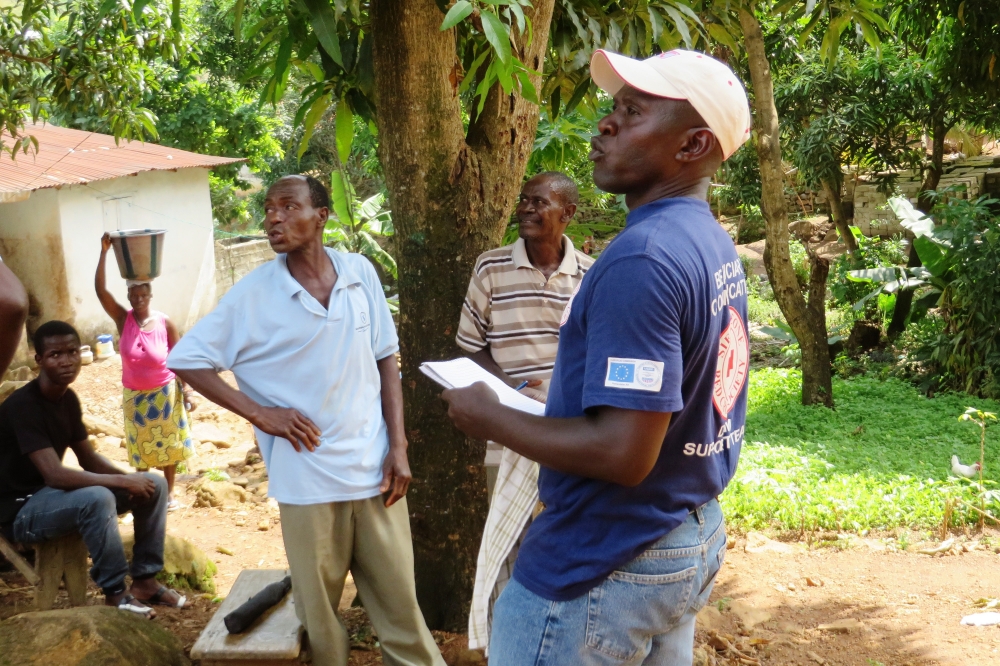Nearly 1,000 cases of Ebola in DRC

As the number of confirmed infections approaches 1,000, WHO have reaffirmed their commitment to countering the Ebola outbreak in the Democratic Republic of the Congo, amid rising violence in the area.
Since August 2018, 993 confirmed and probable cases of Ebola have been reported, a third of which are children – more than any previous outbreak. As of 23rd March, there have been 621 confirmed deaths, all of which have been contained in the North Kivu and Ituri provinces.
Dr Tedros Adhanom Ghebreyesus, WHO Director-General, said:
“This outbreak has gone on far too long. We owe it to the people of North Kivu to work with them in solidarity not only to end this outbreak as soon as possible, but to build the health systems that address the many other health threats they face on a daily basis.”
To slow the spread of the deadly virus border screenings have been set up, with more than 44 million already taking place, though the risk of national and regional spread remains high.
Over 700 WHO partners are currently operating in the DRC, working alongside affected communities and supporting their response to the outbreak, especially in hotspot areas like Katwa and Butembo. Building trust with these communities is imperative in countering the spread of Ebola.
As of 23rd March, WHO have provided over 96,000 vaccinations to those in the area, with the majority of communities accepting the intervention and agreeing to post-vaccination follow-ups.
Dr Tedros said:
“Their fear of violence is now compounded by fear of Ebola. Community engagement takes time. There are no quick fixes. But we are learning and adapting to the evolving context every day.”
Those offering humanitarian relief in the epicentre of the outbreak are facing increasing levels of violence. In February, a health facility run by Médecins Sans Frontières in Katwa was attacked, with officials forced to suspend activities at the centre due to damages.
WHO has estimated that US$ 148 million is required to successfully combat the outbreak. Since August 2018, US$ 74 million has been raised.
Join us for the 11th Annual AIDF Global Summit in Washington D.C, USA on 4-5 September 2019 to discuss health and WASH.
If you’d like to stay informed on the latest updates in aid and development, please sign up for the AIDF newsletter.
Photo: EC/ECHO/Anouk Delafortrie















